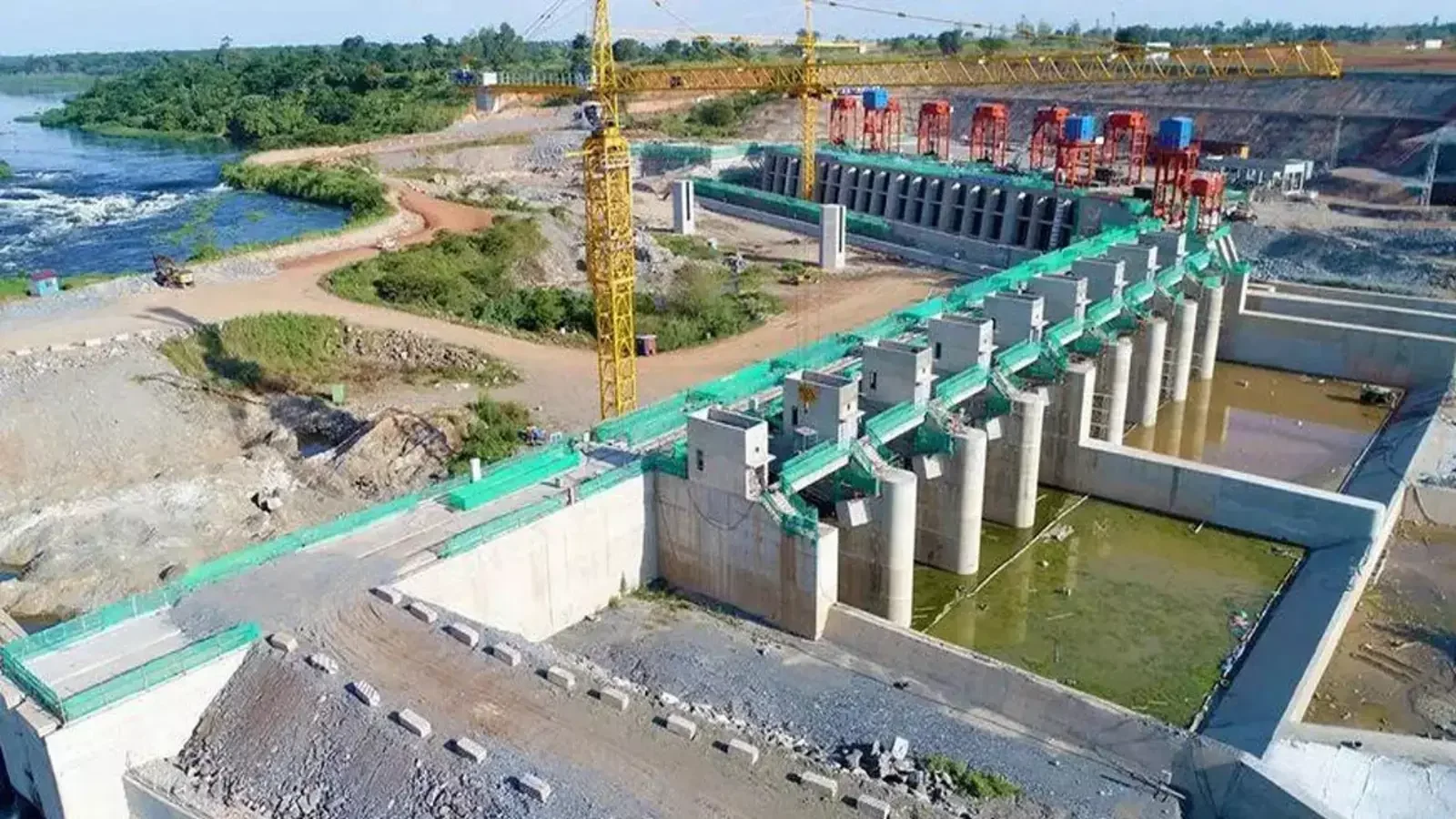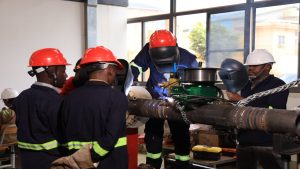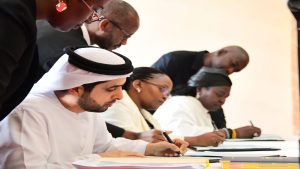Share
The government has formally announced that it will no longer be paying for considered power, which represents a major change in how it plans to spend energy. This action coincides with the announcement that the hydroelectric power plants at Achwa and Karuma will begin operating later this year, with the goal of reducing the financial strain resulting from the underutilization of electricity by independent power producers (IPPs).
The Auditor General, John Muwanga, revealed a startling expense of 88 billion Shillings for the fiscal year 2020–2021, which he attributed to the inefficiency of paying for considered energy. According to Dr. Ruth Nankabirwa, Minister of Energy and Mineral Development, since 2019, the government has been paying about US $24 million, or about 90.814 billion Shillings, a year for deemed power.
This financial burden should ease with the construction of the distribution networks from the hydroelectric power plants at Karuma and Aswa, which have a 600 MW and 83 MW capacity, respectively. Dr. Nankabirwa emphasized the importance of the Karuma power line, which is expected to supply West Nile with roughly 200MW. This power would help with social-economic development and even reach neighboring nations like South Sudan and the Democratic Republic of the Congo (DRC), meeting a demand of 11MW in the Acholi sub-region and a projected 21MW.
The Committee on Natural Resources of Parliament voiced worries over perceived energy costs last year and presented a budget projection of 113 billion for the fiscal year 2022–2023. The committee’s chair, Dr. Emmanuel Otaala, a member of parliament from West Budama South, emphasized the financial burden that results from a lack of a stable grid infrastructure and low demand, which drives up the price of considered energy.
Dr. Otaala particularly cited the government’s inability to finish the 132kV Gulu-Agago transmission lines, which led to assessed energy expenses for electricity from the Achwa hydropower facility that was not used. In order to solve this, an extra 80 billion has been set aside in the budget for the next fiscal year to cover contractual commitments resulting from Achwa’s delayed power evacuation.
Parliament took a major step in December 2023 when it authorized a supplemental budget for the Electricity Access Scale-Up Project (EASP) of 318 billion Shillings. 128 billion of this amount will be used to connect 200,000 households, and the remaining 58 billion will be used to make up any shortages in contractual obligations for electricity that is deemed necessary. This is especially relevant to the transmission line from Achwa-Agago Dam to Lira-Agago.
Under the Electricity Connection Policy (ECP), the Ministry of Energy is aggressively striving to establish 300,000 connections in the fiscal year 2022–2023. Uganda’s Vision 2040 goal of providing universal access to energy is in line with this project. The lofty eight million target is not met, as just 1.7 million houses are currently connected to the national grid, according to data from the Electricity Regulatory Authority (ERA).









